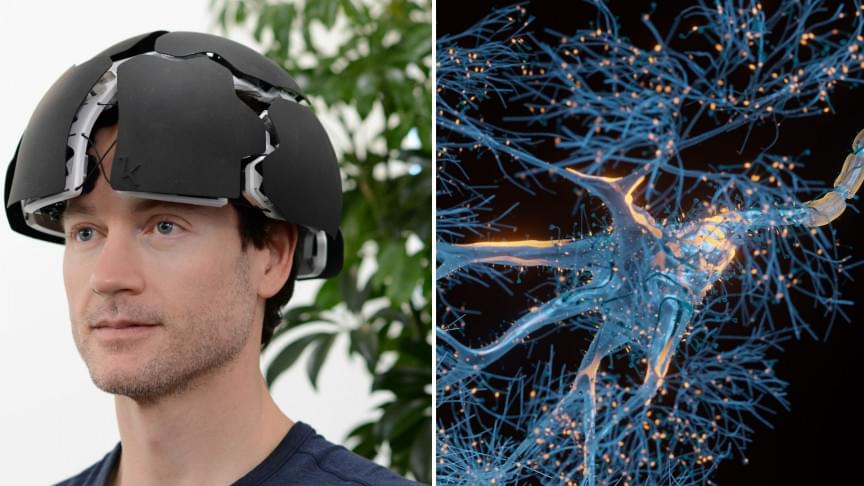BrainChart is a standardized open-source database of MRI brain scans across 100 years of the human lifespan.
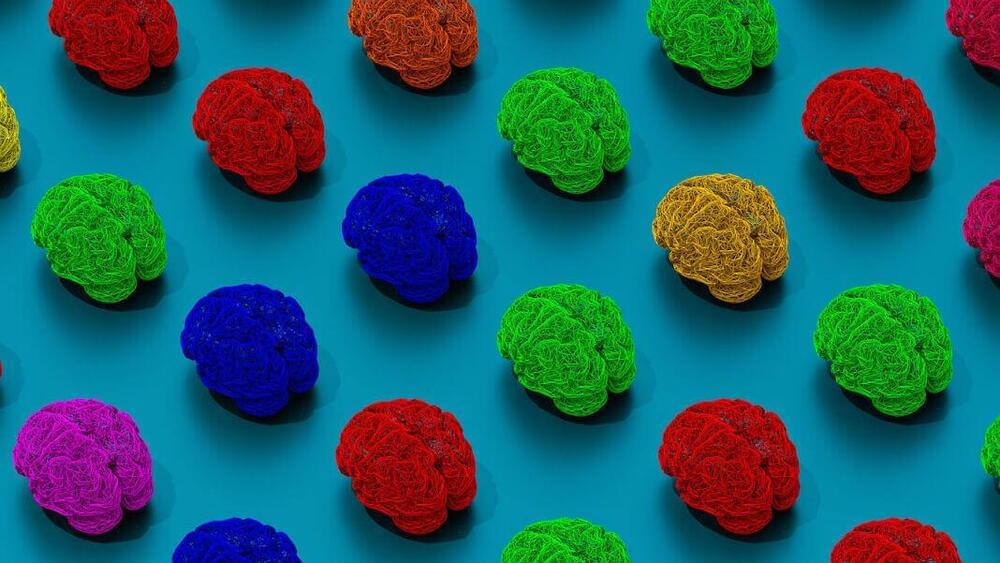

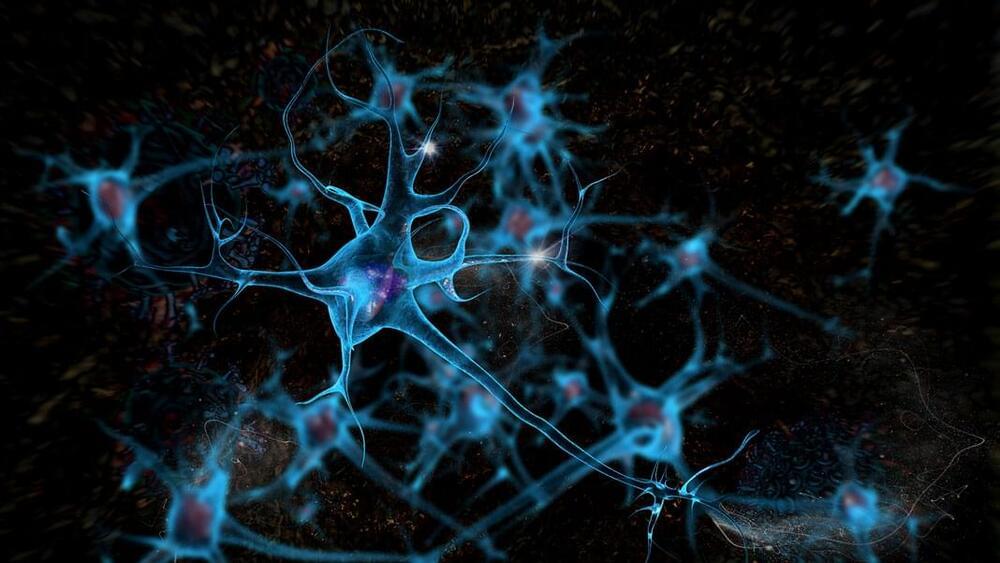
Dr. Thomas Lehner was tired of his research repeatedly hitting a wall.
A scientist at the National Institute of Mental Health, Lehner studies the genetic underpinnings of neuropsychiatric disorders. Teasing out associated genes turned out to be relatively simple. Schizophrenia, for example, is linked to small variations in some 360 genes.
The problem is identifying the ones that really matter—culprit gene variants that can be turned into predictive tests, similar to the BRCA gene for breast cancer.
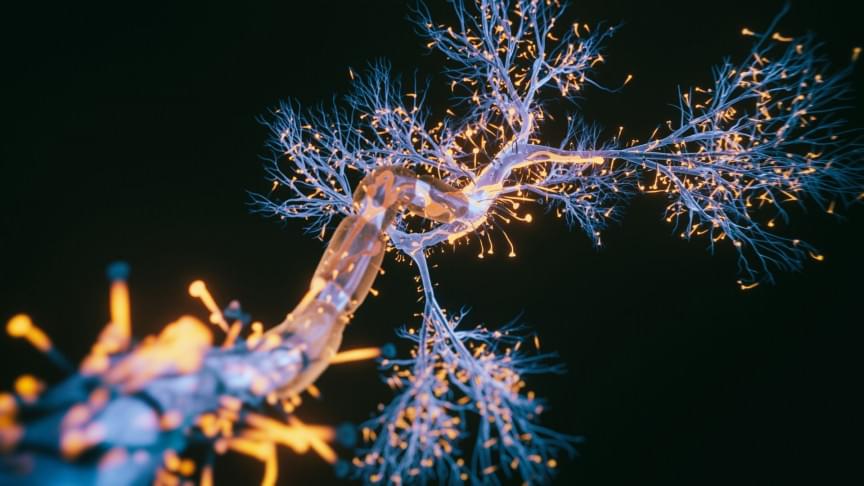

Circa 2017
Schizophrenia is a genetically related mental illness, in which the majority of genetic alterations occur in the non-coding regions of the human genome. In the past decade, a growing number of regulatory non-coding RNAs (ncRNAs) including microRNAs (miRNAs) and long non-coding RNAs (lncRNAs) have been identified to be strongly associated with schizophrenia. However, the studies of these ncRNAs in the pathophysiology of schizophrenia and the reverting of their genetic defects in restoration of the normal phenotype have been hampered by insufficient technology to manipulate these ncRNA genes effectively as well as a lack of appropriate animal models. Most recently, a revolutionary gene editing technology known as Clustered Regularly Interspaced Short Palindromic Repeats (CRISPR)/CRISPR-associated nuclease 9 (Cas9; CRISPR/Cas9) has been developed that enable researchers to overcome these challenges. In this review article, we mainly focus on the schizophrenia-related ncRNAs and the use of CRISPR/Cas9-mediated editing on the non-coding regions of the genomic DNA in proving causal relationship between the genetic defects and the pathophysiology of schizophrenia. We subsequently discuss the potential of translating this advanced technology into a clinical therapy for schizophrenia, although the CRISPR/Cas9 technology is currently still in its infancy and immature to put into use in the treatment of diseases. Furthermore, we suggest strategies to accelerate the pace from the bench to the bedside. This review describes the application of the powerful and feasible CRISPR/Cas9 technology to manipulate schizophrenia-associated ncRNA genes. This technology could help researchers tackle this complex health problem and perhaps other genetically related mental disorders due to the overlapping genetic alterations of schizophrenia with other mental illnesses.
Keywords: CRISPR/Cas9; gene editing; lncRNAs; miRNAs; non-coding RNAs; schizophrenia.

A new study in the Journal of Neuroscience has some answers. By scanning the brains of 24 people actively suppressing a particular memory, the team found a neural circuit that detects, inhibits, and eventually erodes intrusive memories.
A trio of brain structures makes up this alarm system. At the heart is the dACC (for “dorsal anterior cingulate cortex”), a scarf-like structure that wraps around deeper brain regions near the forehead. It acts like an intelligence agency: it monitors neural circuits for intrusive memories, and upon discovery, alerts the “executive” region of the brain. The executive then sends out an abort signal to the brain’s memory center, the hippocampus. Like an emergency stop button, this stops the hippocampus from retrieving the memory.
The entire process happens below our consciousness, suppressing unwanted memories so that they never surface to awareness.

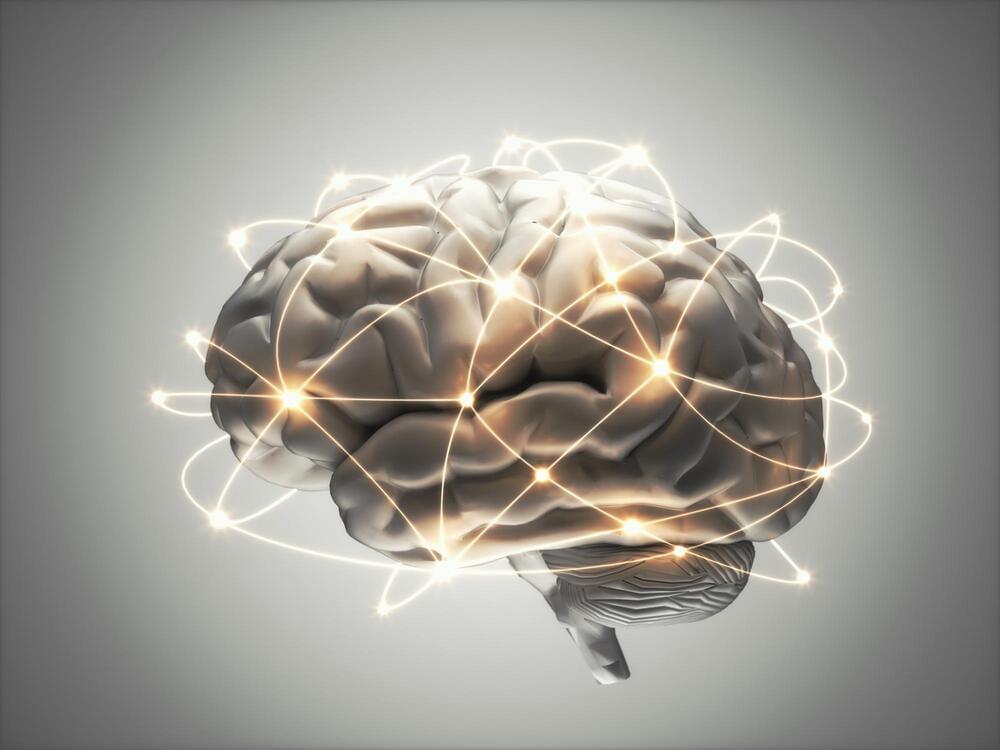
When genes mutate, it can result in severe diseases of the human nervous system. Neuroscientists at Leipzig University and the University of Würzburg have now used fruit flies to demonstrate how, apart from the negative effect, the mutation of a neuronal gene can have a positive effect – namely higher IQ in humans. They have published their findings in the prestigious journal Brain.
Synapses are the contact points in the brain via which nerve cells ‘talk’ to one another. Disruptions in this communication lead to nervous system diseases, since altered synaptic proteins, for example, can impair this complex molecular mechanism. This can cause mild symptoms, but also very severe disabilities in those affected.
The interest of the two neurobiologists Professor Tobias Langenhan and Professor Manfred Heckmann, from Leipzig and Würzburg respectively, was aroused when they read in a scientific publication about a mutation that damages a synaptic protein. At first, the affected patients attracted scientists’ attention because the mutation caused them to go blind. However, doctors then noticed that the patients were also of above-average intelligence. “It’s very rare for a mutation to lead to improvement rather than loss of function,” says Langenhan, professor and holder of a chair at the Rudolf Schönheimer Institute of Biochemistry at the Faculty of Medicine.

Hearing loss is normally permanent as sensory cells responsible for transmitting frequency information from the world around us to the brain get damaged from excessive noise and lifestyle factors as we age. Up until now, it’s been challenging to selectively regrow these sensory cells that play an important part in transmitting sound through the outer and inner ear to the brain, but that might be about to change.
In a study involving mice, scientists from Northwestern University have identified a single master gene that can program ear hair cells (known as cochlear hair cells) into becoming either outer or inner ear hair cells required for hearing. The breakthrough is reported in the journal Nature.
“Our finding gives us the first clear cell switch to make one type versus the other,” said lead study author Jaime García-Añoveros, PhD, in a statement. “It will provide a previously unavailable tool to make an inner or outer hair cell. We have overcome a major hurdle.”

* Astrocytes play a variety of roles with neurons, but until now, scientists did not know that these cells carry electrical impulses.
* Applying new technology, Tufts University scientists recently discovered in mice that astrocytes are electrically active like neurons. Astrocytes play a variety of roles with neurons, but until now, scientists did not know that these cells carry electrical impulses.
Neurotransmitters are chemical messengers that facilitate the transfer of electrical signals between neurons and support the blood-brain barrier. Scientists have long understood that astrocytes control these substances to support neuronal health.
This study breaks ground in showing that neurons release potassium ions, which change the astrocytes’ electrical activity. This modulation affects how the astrocytes control neurotransmitters.
Until now, scientists could not image potassium activity in the brain.
